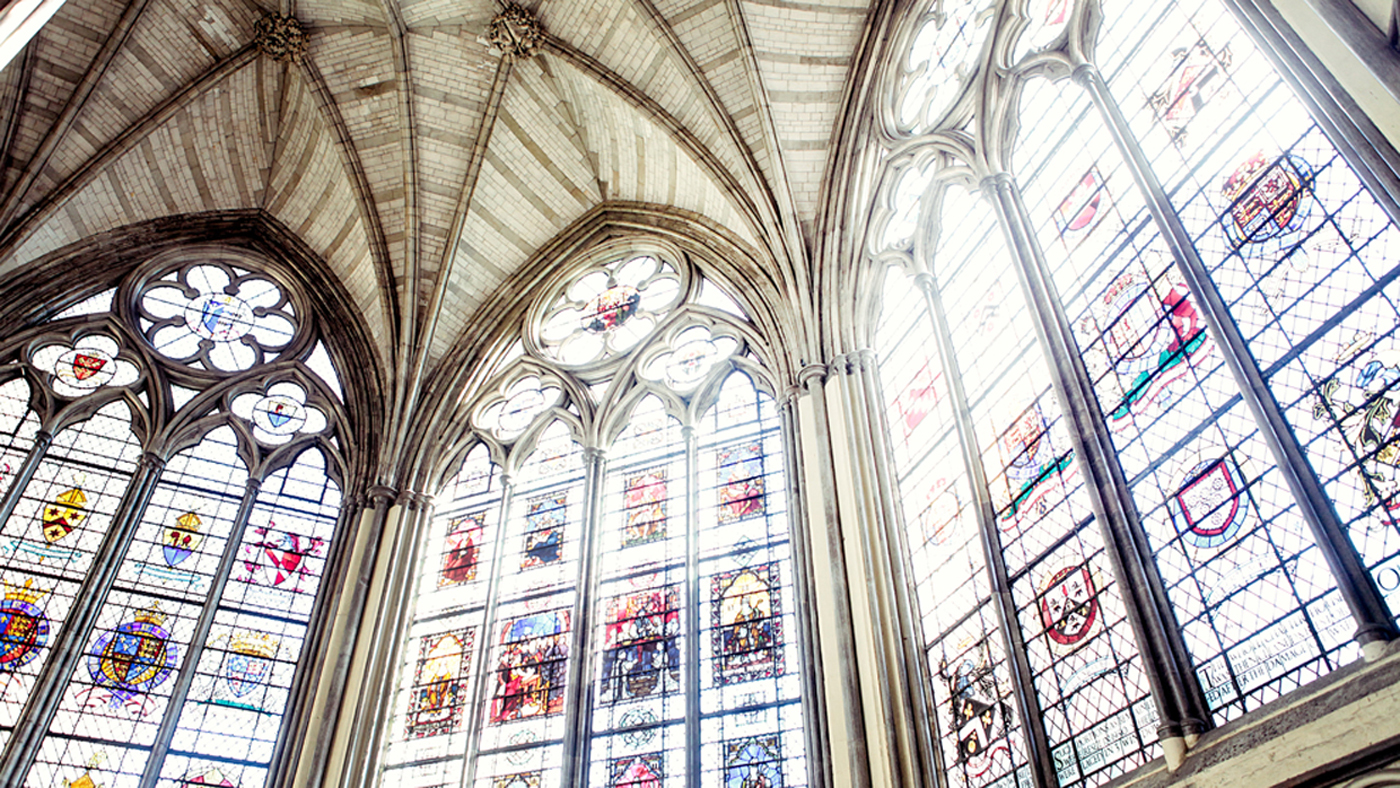When did the Christian church switch the Sabbath from Saturday to Sunday?
—Matthew
No specific names or dates are associated with the church's shift from observing the holy day on Saturday to observing it on Sunday. At first, especially when many Christians were converted Jews, their holy day was Saturday. However, because the Resurrection and the beginning of Creation had both occurred on the first day of the week (Sunday), the church soon observed that day instead. (More Gentiles were becoming Christians as well, which contributed to a desire to shake off Jewish customs.) By the end of the first century, Sunday worship was the norm. We can assume the change caused some friction, for in Colossians 2:16 Paul admonishes, "Therefore do no let anyone judge you by what you eat or drink, or with regard to a religious festival, a New Moon celebration or a Sabbath day."
It's important to note that the Sabbath was not simply moved; Christians altered the observance as well as the day. Hallmarks of the early Christian "Lord's day" celebration, according to Justin Martyr (ca. 100-ca. 165), included readings from Scripture (particularly the Gospels), a sermon, communal prayer, and Communion—very different from Jewish Sabbath observance. By Jewish standards, Christians don't keep the Sabbath at all.
For more information on this topic, see Christian History issue 37: Worship in the Early Church, available to order in the Christian History Store.
To ask CHB editors a church history-related question, send an e-mail to cheditor@christianitytoday.com. Due to the volume of mail, we cannot answer all questions. Your question may be answered in a future "Ask the Editors" column. Do not expect a direct reply.
Copyright © 2001 by the author or Christianity Today/Christian History magazine.Click here for reprint information on Christian History.









